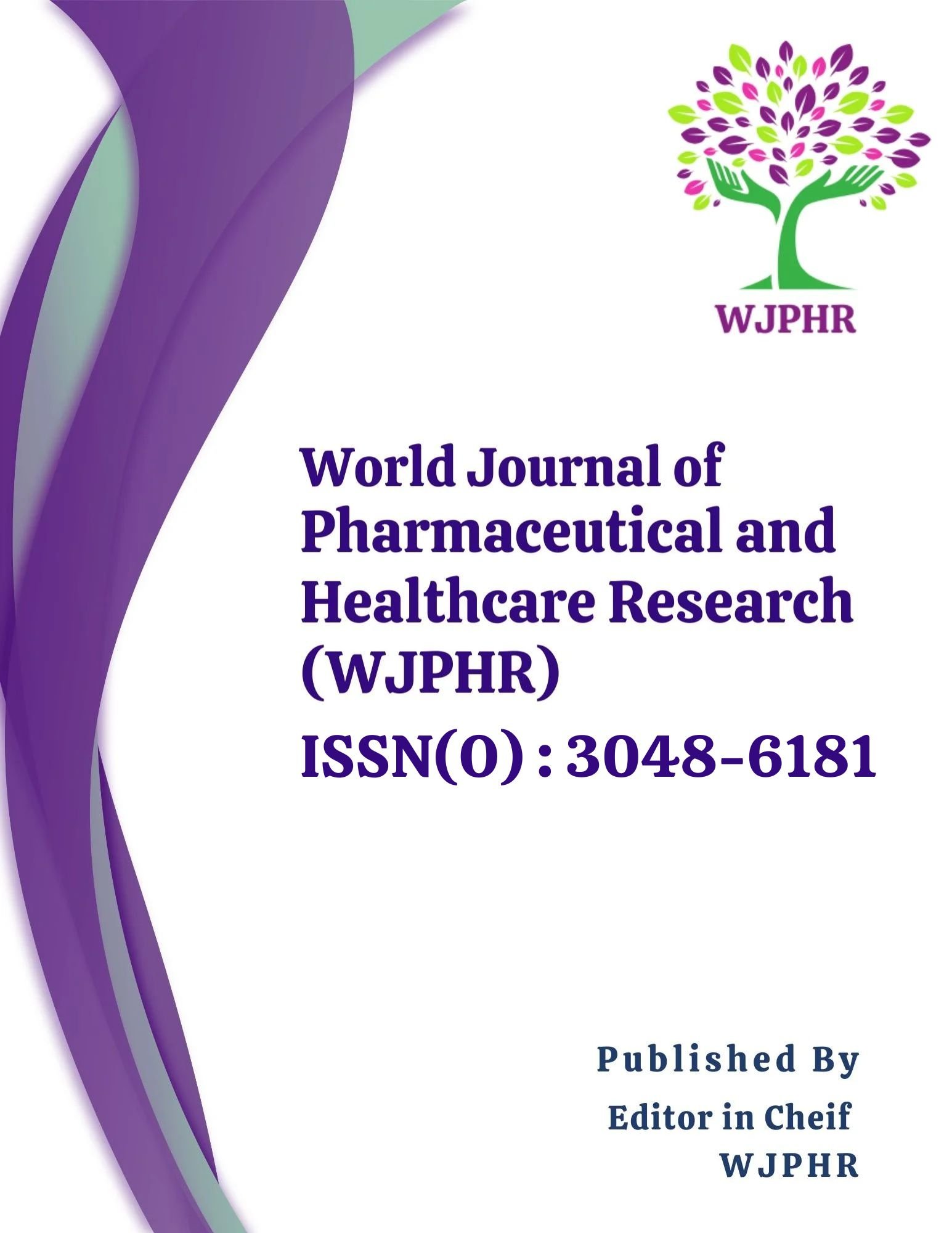DOI:
VOLUME 2 – MARCH ISSUE 3
*Dr. Padmalochan Rout
ABSTRACT
This research paper explores the concept of universalism in the works of William Shakespeare, with a focus on his dramas and sonnets. Universalism, in this context, refers to the shared human experiences, emotions, and concerns that transcend cultural, temporal, and geographical boundaries. Through a critical analysis of Shakespeare's works, this study demonstrates how the playwright employed universal themes and motifs to create a sense of shared human experience among his audience. The paper examines Shakespeare's portrayal of universal human concerns such as love, power, mortality, and identity in his dramas, including Romeo and Juliet, Hamlet, and Macbeth. It also analyses his sonnets, which explore universal themes of love, beauty, and the passage of time. The study reveals how Shakespeare's use of universal themes and motifs enabled him to connect with his audience on a deeper level, creating a sense of shared human experience that continues to resonate with readers and audiences today. The paper concludes by highlighting the significance of Shakespeare's universalism in understanding his works and their continued relevance in contemporary society. It also suggests avenues for further study, including the exploration of universalism in other literary works and the analysis of Shakespeare's influence on later literary movements.
Keywords:
Universalism, Shakespeare, Human Experience, Drama, Sonnets, Literary Analysis.
